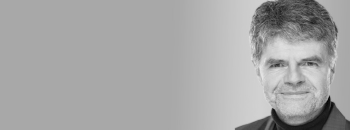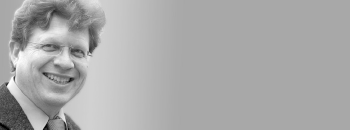For many years, the DGfI organized a small scientific meeting each spring, separate from its main annual scientific event in autumn. Importantly, the “spring meeting” was dedicated to early career immunologists and was meant to provide them with an opportunity to show and discuss their data among each other. In contrast, the meeting in autumn, was dominated by established researchers and was – and still is – quite competitive, so not really a platform for exposing young immunologists. However, there was a frustrating aspect of these spring meetings: Regularly, the spring meeting organizers complained that there was very low attendance of established immunologists. Thus, early career immunologists attending the spring meeting did not get noticed by established researchers and did not get feedback on their projects either. For four consecutive years, the board members of the German society for Immunology decided to give the spring meeting another „last chance“. The situation did not improve and in 2003, the traditional spring meeting was terminated by the society. At that time, Andreas Radbruch and Michael Lohoff met prior to the general assembly and discussed the idea to establish a type of meeting which was specifically dedicated to our young members, but would bring together early career and established scientists. Both were fascinated by the idea to found an event in Germany similar to the established school for immunology in Ionian Village in Greece, but with more flexibility in a changing set of the faculty of established scientists. Michael presented the idea in the assembly and he and Andreas were granted the permission to pursue the concept further.
Andreas and Michael selected an organizing team, covering different expertises and local immunology hotspots, basic and clinical immunology, and immunotechnology. A questionnaire was sent to immunology institutes in Ger-many to get insight into what topics would be of interest for the students, and what kind of format of the meeting would be feasible. In several meetings thereafter, the newly formed team worked on a structure for the school. A perfect location for the school was identified by Michael: Cloister Ettal in Bavaria, close to Garmisch-Partenkirchen. It was a great environment, providing a relaxing atmosphere, no competing social events, and a good infrastructure for teaching, housing and the schools own social activities, at a reasonable price.



